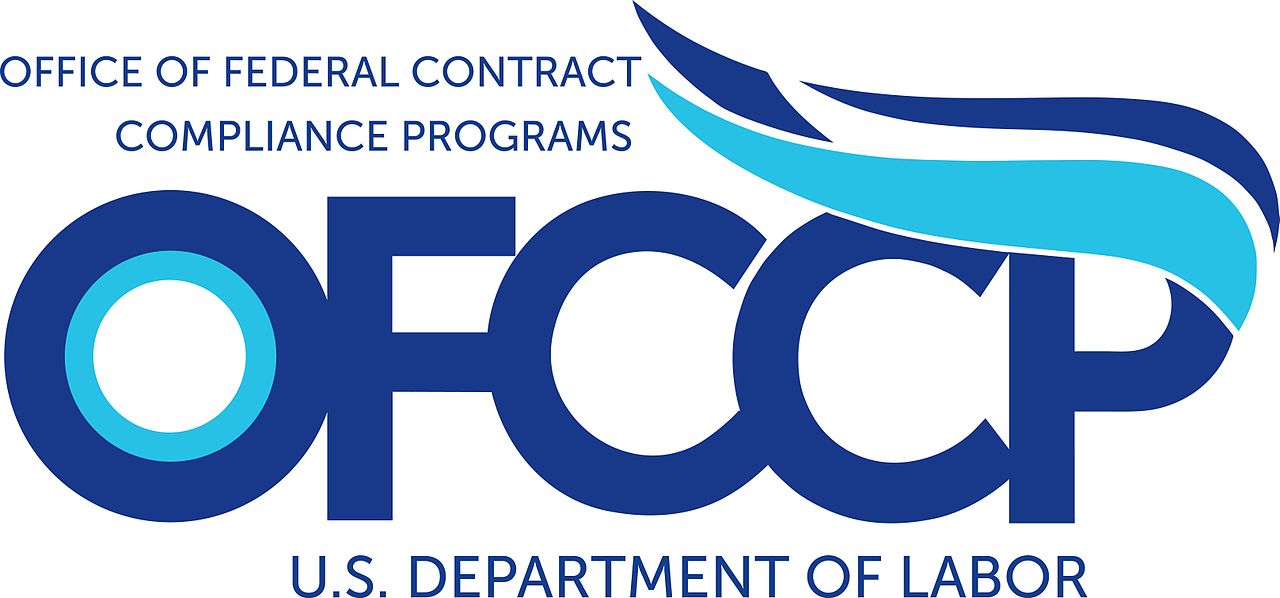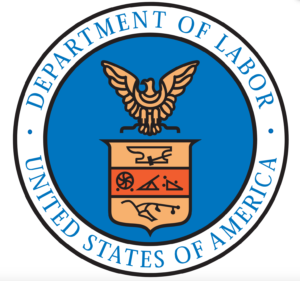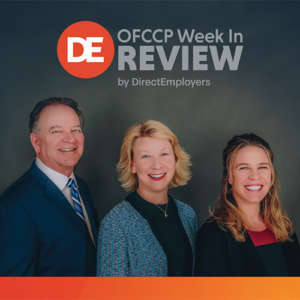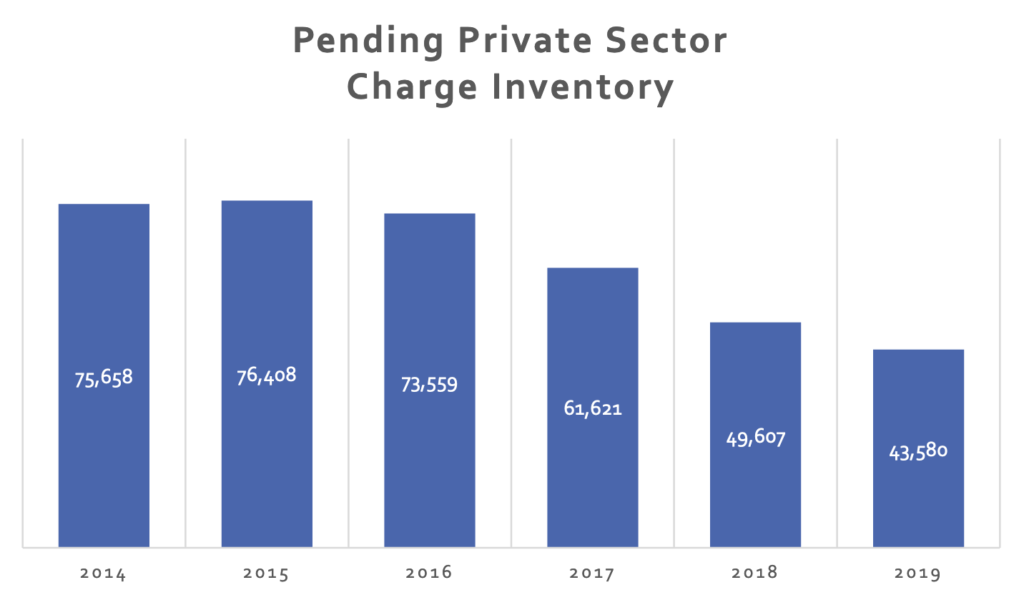Tuesday, November 19, 2019: EEOC Issued Financial Report

In just ending fiscal year 2019, the EEOC now reports that it reduced its Charge workload by 12.1% to 43,580 pending Charges, which builds on the 20 percent decline in its Charge inventory realized in fiscal year 2018 and an earlier big step-down in “inventory” in fiscal year 2017. Additionally, the EEOC reported it secured $346.6 million in monetary benefits for victims of employment discrimination in private sector and state and local government workplaces through mediation, conciliation, and settlements. This number is down slightly from the $354 million reported in 2018.
The Report also highlights:
- Statistics on outreach events and attendees (pg. 25)
- Statistics on significant policy & regulatory actions (pg. 27)
- Progress of technology used to improve services (pg. 28)
- Balance sheets
- Compensation & Benefits: the Agency is currently at 2,061 full-time employees with a request to operate with 1,788 in 2020.
In the “Looking Forward” section (pg. 28), one of the many goals on the radar is to undertake a full review of its current methods of data collection and reporting with a focus on modernizing the EEO-1, 3, 4, and 5 Survey data collections to update the Commission’s intake portal technology, reduce the burden on employers to upload data, reduce portal “crash time” and increase security of the data once delivered. The Agency has “an eye toward identifying innovations and efficiencies that will ease the submission process and streamline reporting while also examining potential enhancements in content.”
Wednesday, November 20, 2019: Recap of OFCCP Regulatory Actions

The Department of Labor, which consists of 27 sub-department agencies, has ten agencies with regulatory initiatives in various stages of the rulemaking process. For OFCCP, this includes (with links to our previous reporting outlining each):
| Stage of Rulemaking | Title / DE Week-In-Review Link | RIN |
| Proposed Rule Stage | Affirmative Action and Nondiscrimination Obligations of Federal Contractors and Subcontractors: TRICARE and Certain Other Health Care Providers | 1250-AA08 |
| Proposed Rule Stage | Nondiscrimination Obligations of Federal Contractors and Subcontractors: Procedures to Resolve Potential Employment Discrimination (Not yet released) | 1250-AA10 |
| Final Rule Stage | Implementing Legal Requirements Regarding the Equal Opportunity Clause’s Religious Exemption | 1250-AA09 |
Wednesday, November 20, 2019: EEOC Held Public Hearing

Six presenters testified at the Hearing, and all agreed on the necessity of ensuring equal pay for equal work and combatting sex-based discrimination. However, they differed on the approach of how to do so. Their written testimony and biographies are available for review.
Thursday, November 21, 2019: ETA To Update EEO Complaint Form

The proposed revisions are to the complaint form, ETA Form 9039, and consist of edits for clarity and specifically:
- update the Office of Apprenticeship’s room number;
- correct the number of days (300) that a complaint must be filed as required under 29 CFR part 30;
- update the list of protected classes to include disability, age (40 and over), genetic information, sex (including pregnancy and gender identity), and sexual orientation and their associated definitions as required by part 30;
- update to the racial category definitions so that they adhere to the OMB definitions of race and ethnicity (found in OMB Directive 15 (last revised in 1997) and applicable to all federal agencies.
The National Apprenticeship Act of 1937 authorizes this information collection.
Submit written comments by January 21, 2020.
Thursday, November 21, 2019: Lowry Confirmed for VETS

VETS is a sub-department agency within the U.S. Department of Labor. Its mission is to “prepare America’s veterans, service members, and their spouses, for meaningful careers, provide them with employment resources and expertise, protect their employment rights and promote their employment opportunities.” VETS is the creator and manager of the VETS-4212 Report (not OFCCP), for example.
Monday, November 25, 2019: OFCCP Will Not Use Component 2 Data

OFCCP also makes the point in its Notice that it collects up-to-date, employee-level pay data from contractors during compliance evaluations. Therefore, OFCCP concluded, it does not need the EEO-1 Component 2 pay data.
REMINDER: Comments Due for IWD Self-ID Form Revisions

NOTE: The OFCCP has recently realized the utility of a neutral identifying number for a person expressing interest through the journey to “Applicant,” through the selection process, and into the incumbent workforce once hired so OFCCP may obtain one continuous “cradle-to-grave” digital tracking of the progress of candidates for hire and later for promotion and termination.
The proposed revisions also include condensation of the form to one page, eliminating the “Reasonable Accommodation Notice.” Although the number of bulleted examples of disabilities on the form would reduce from 18 to 15, the examples are alphabetized, broadened, and further clarified in several cases. New disability examples include:
- Autoimmune disorder, for example, lupus, fibromyalgia, rheumatoid arthritis, HIV/AIDS
- Cardiovascular or heart disease
- Depression or anxiety
- Gastrointestinal disorders, for example, Crohn’s Disease, irritable bowel syndrome, celiac disease
Clarification and broadening include:
| Current | Proposed |
|
|
|
|
|
|
|
|
|
|
Submit written Comments on or before midnight EST on Monday, December 2, 2019.
THIS COLUMN IS MEANT TO ASSIST IN A GENERAL UNDERSTANDING OF THE CURRENT LAW AND PRACTICE RELATING TO OFCCP. IT IS NOT TO BE REGARDED AS LEGAL ADVICE. COMPANIES OR INDIVIDUALS WITH PARTICULAR QUESTIONS SHOULD SEEK ADVICE OF COUNSEL.
SUBSCRIBE.
Compliance Alerts
Compliance Tips
Week In Review (WIR)
Subscribe to receive alerts, news and updates on all things related to OFCCP compliance as it applies to federal contractors.
OFCCP Compliance Text Alerts
Get OFCCP compliance alerts on your cell phone. Text the word compliance to 55678 and confirm your subscription. Provider message and data rates may apply.



